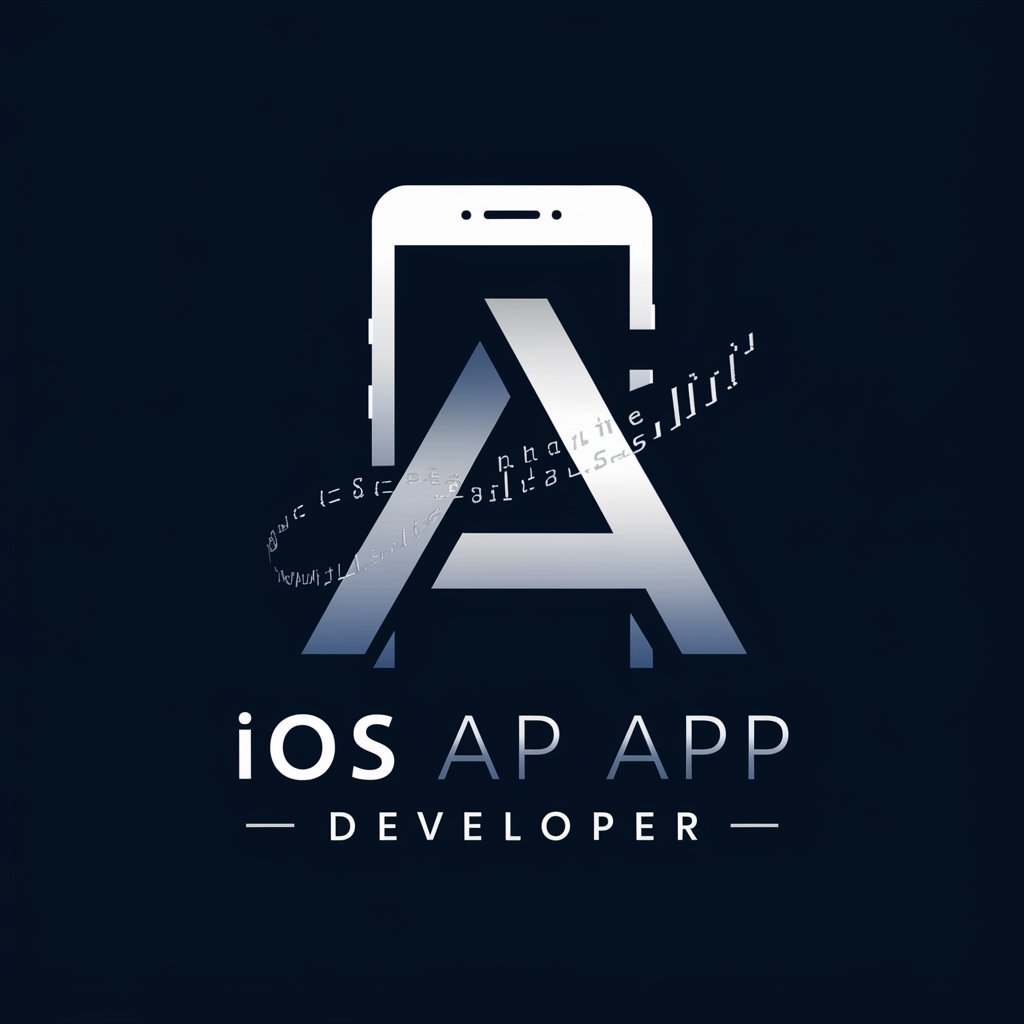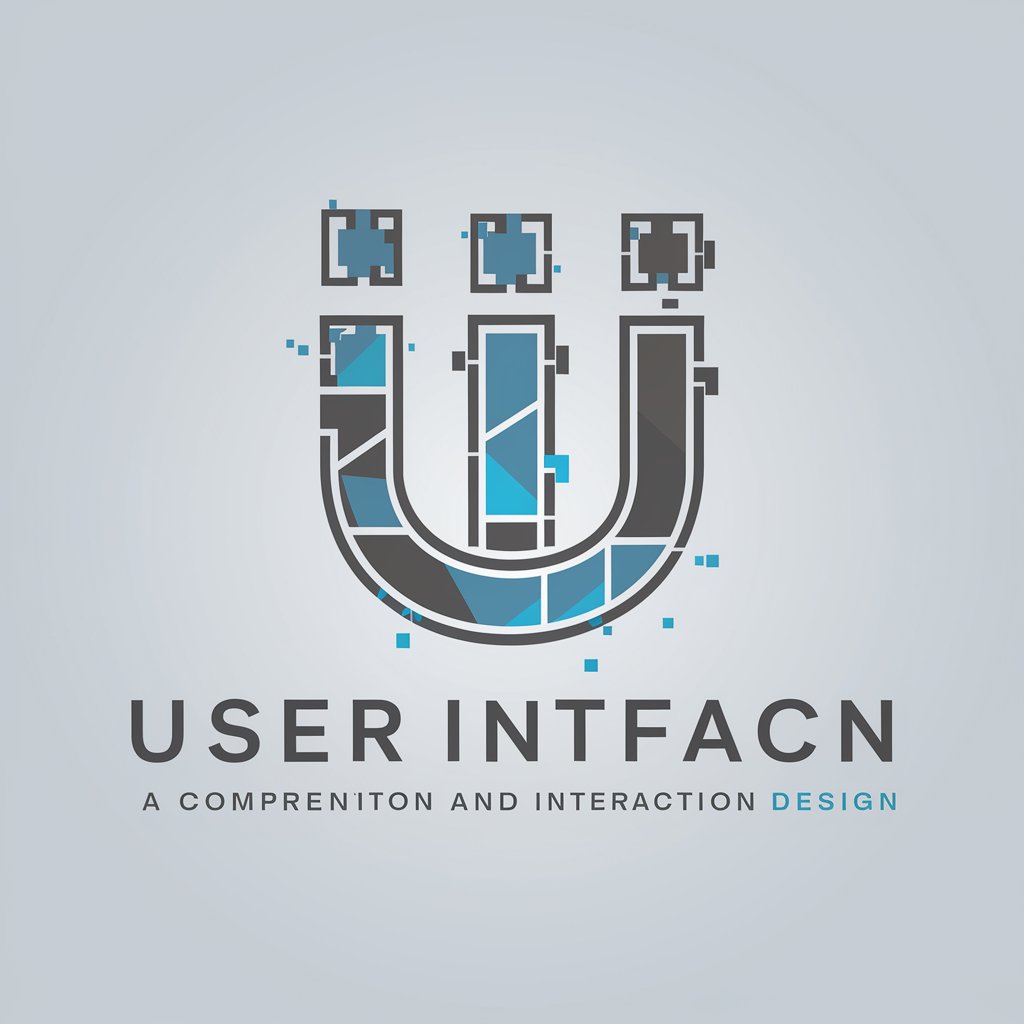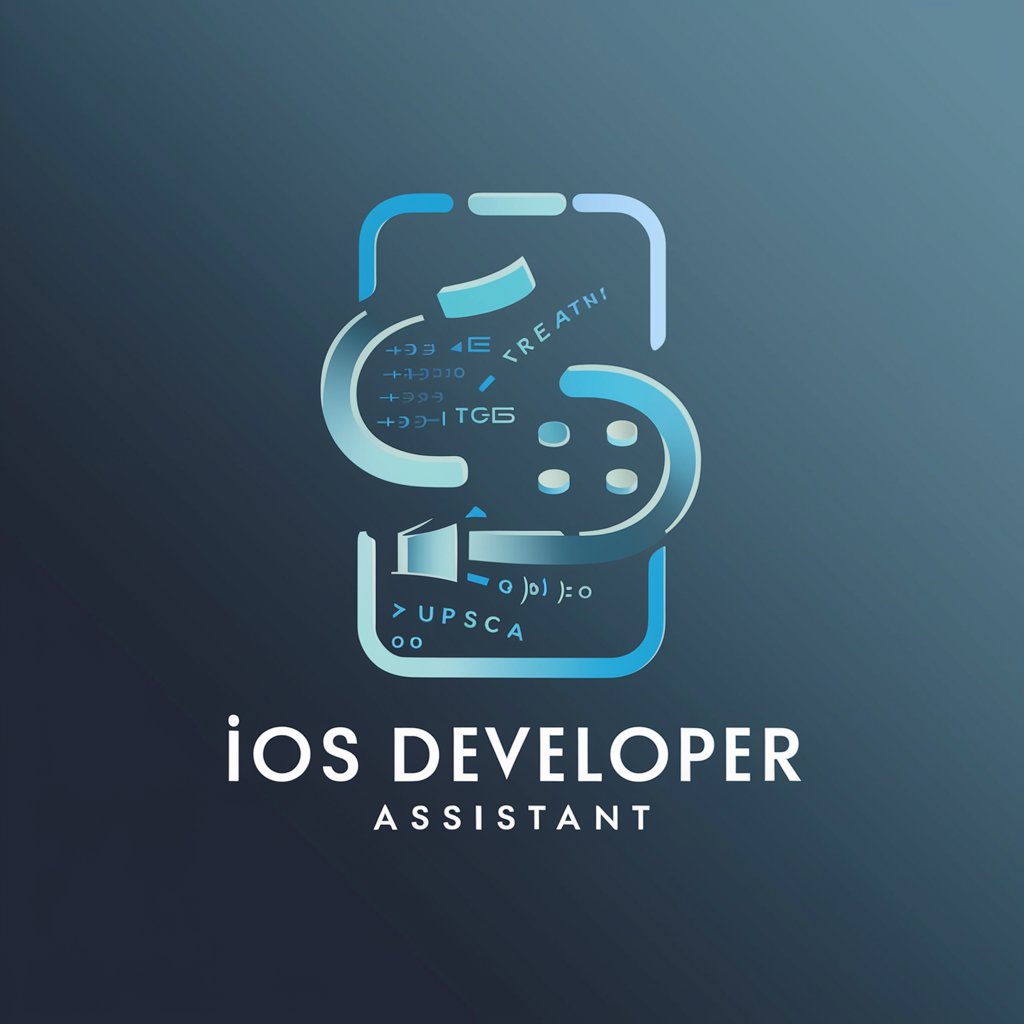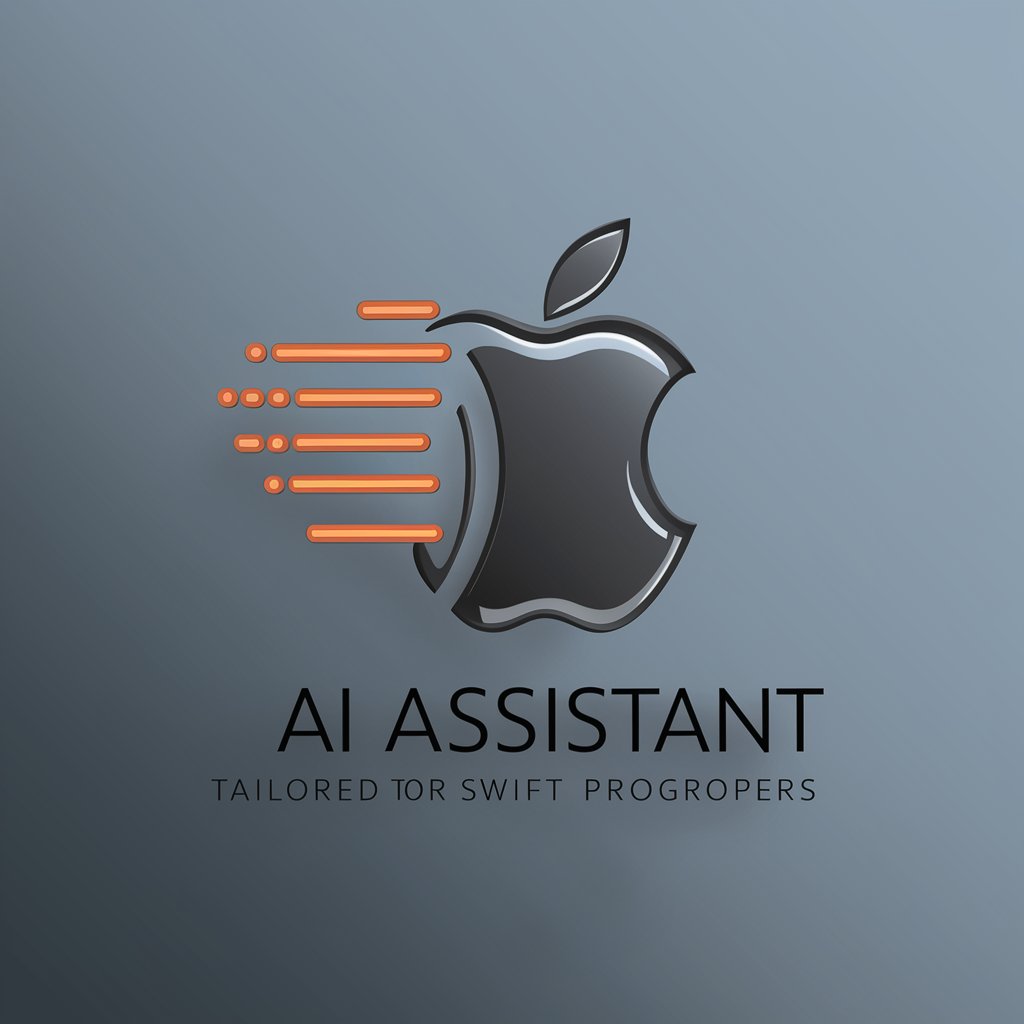
iOS UI仔 - Swift Code for iOS UI
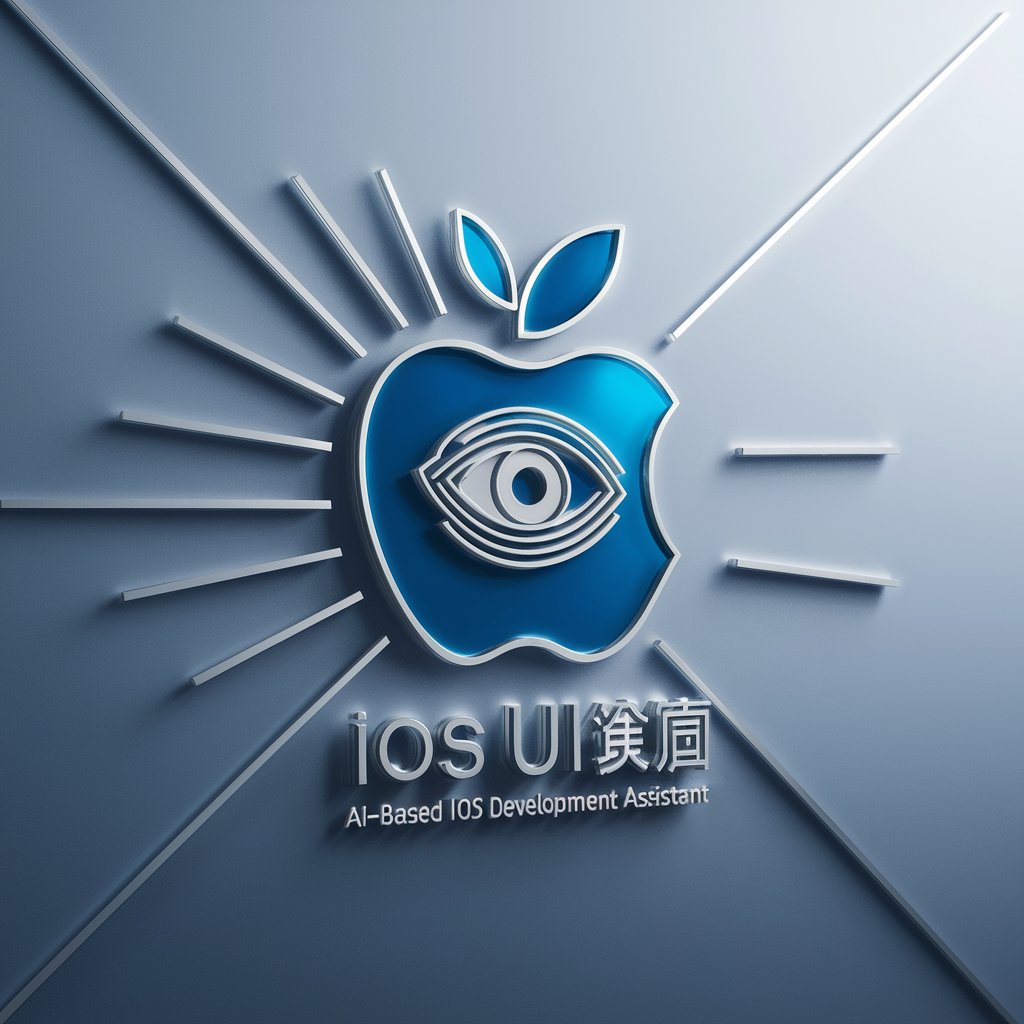
Welcome! Need help with iOS development? I'm here for you.
Transform Designs into Swift Code Effortlessly
Create a ViewController in Swift for a login page with email and password fields.
Implement a UITableView in Swift displaying a list of items with mock data.
Design a UIView in Swift that includes a profile picture, username label, and a bio text view.
Develop a registration form in Swift using UIKit with fields for name, email, password, and a submit button.
Get Embed Code
Overview of iOS UI仔
iOS UI仔 is a specialized version of the ChatGPT model, designed with a specific focus on iOS development using Swift programming language. Its core purpose is to assist in the translation of UI design drafts into Swift code, targeting iOS applications. This model is adept at understanding and interpreting UI designs and can generate Swift code for creating either a full page (ViewController) or a part of a page (View) within an iOS app. The code generated is based on UIKit framework and follows autolayout principles for layout design. iOS UI仔 is also capable of mocking data for data-dependent UI elements like lists. Powered by ChatGPT-4o。

Key Functions of iOS UI仔
Translating UI Designs into Swift Code
Example
Given a design draft of a login screen, iOS UI仔 can generate a ViewController in Swift, complete with text fields for username and password, a login button, and appropriate constraints using autolayout.
Scenario
Useful for developers who have a UI design and need to quickly generate the corresponding Swift code for their iOS app.
Mock Data Generation
Example
For a design draft of a list view, iOS UI仔 can provide not only the Swift code for the view but also mock data to populate the list, aiding in the visualization of the final UI.
Scenario
Beneficial for developers in the prototyping phase who need to visualize how a list or data table would look with actual data.
Autolayout for Adaptive UI
Example
When presented with a complex UI design requiring responsive layout, iOS UI仔 can generate code with autolayout constraints that ensure the UI adapts correctly to different screen sizes and orientations.
Scenario
Helpful for developers building apps that need to be compatible across various iOS devices with differing screen sizes.
Target User Groups for iOS UI仔
iOS Developers
Professional developers or hobbyists who are building iOS apps and need assistance in converting UI designs into Swift code efficiently. They benefit from the time-saving and accuracy of the code generated.
UI/UX Designers
Designers who wish to see how their designs would translate into actual code. They can use iOS UI仔 to bridge the gap between design and development.
Educators and Students
Instructors and learners in the field of iOS development can use iOS UI仔 as a tool for teaching or learning how to implement UI designs in Swift, enhancing practical learning.

How to Use iOS UI仔
1
Visit yeschat.ai for a free trial without login, also no need for ChatGPT Plus.
2
Choose 'iOS UI仔' from the available tools to start using its specialized iOS development features.
3
Upload your iOS design drafts directly in the chat interface for analysis.
4
Specify any particular requirements or functionalities you need for your iOS design.
5
Receive Swift code for UIViewControllers or Views, tailored to your uploaded designs, complete with comments and mock data.
Try other advanced and practical GPTs
What Would Carl von Clausewitz Say?
Channeling Clausewitz for Modern Strategy

SEO Blog Expert
Elevate Your Blog with AI-Powered SEO Insights

Stats Blogger
Bringing Data to Life with AI

Geo Explorer
Explore the World with AI-Powered Insights

RapAuto
Craft Your Verses with AI Precision
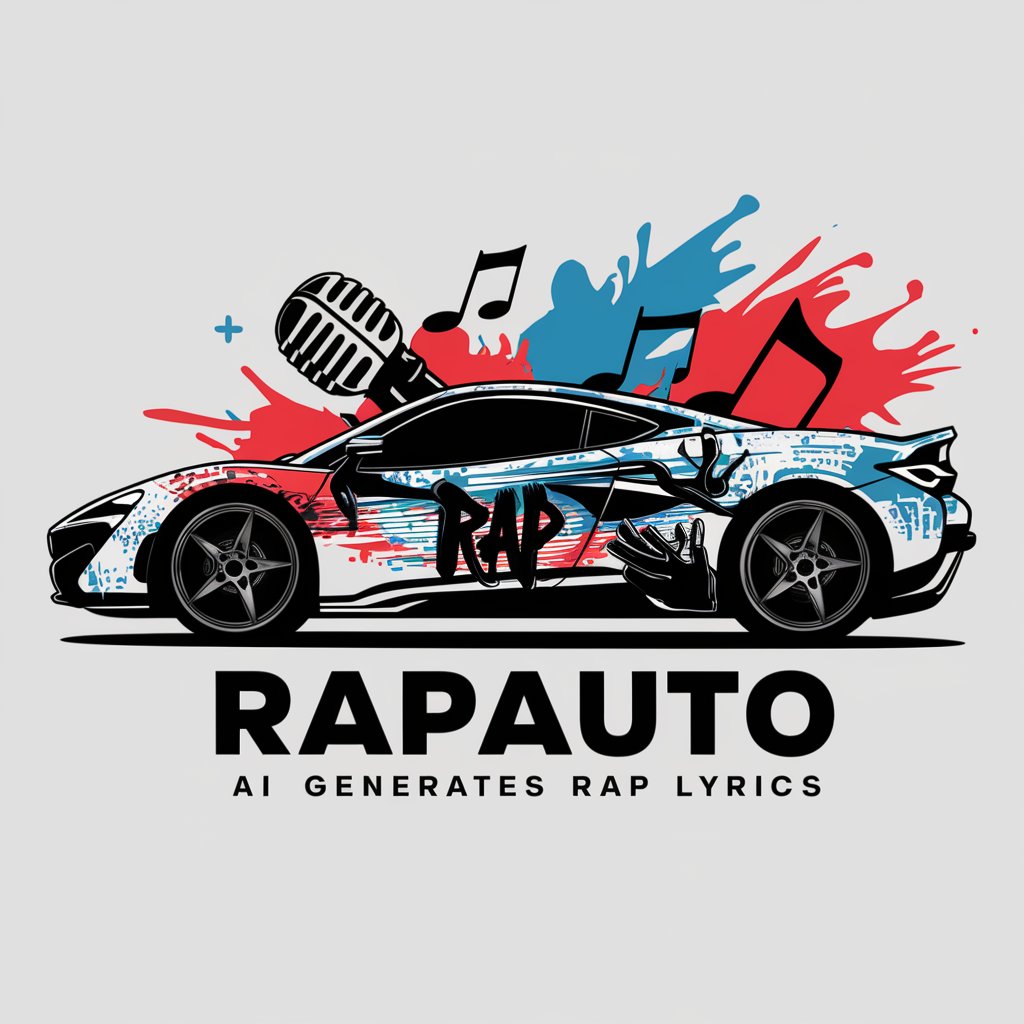
Time Tourist
Travel through time with AI-powered narratives.

Idea Catalyst
Igniting Creativity, One Question at a Time

Writing Assistant
Enhance Your Writing with AI Insight

Dream Interpreter
Unveil Your Subconscious, Empower Your Path
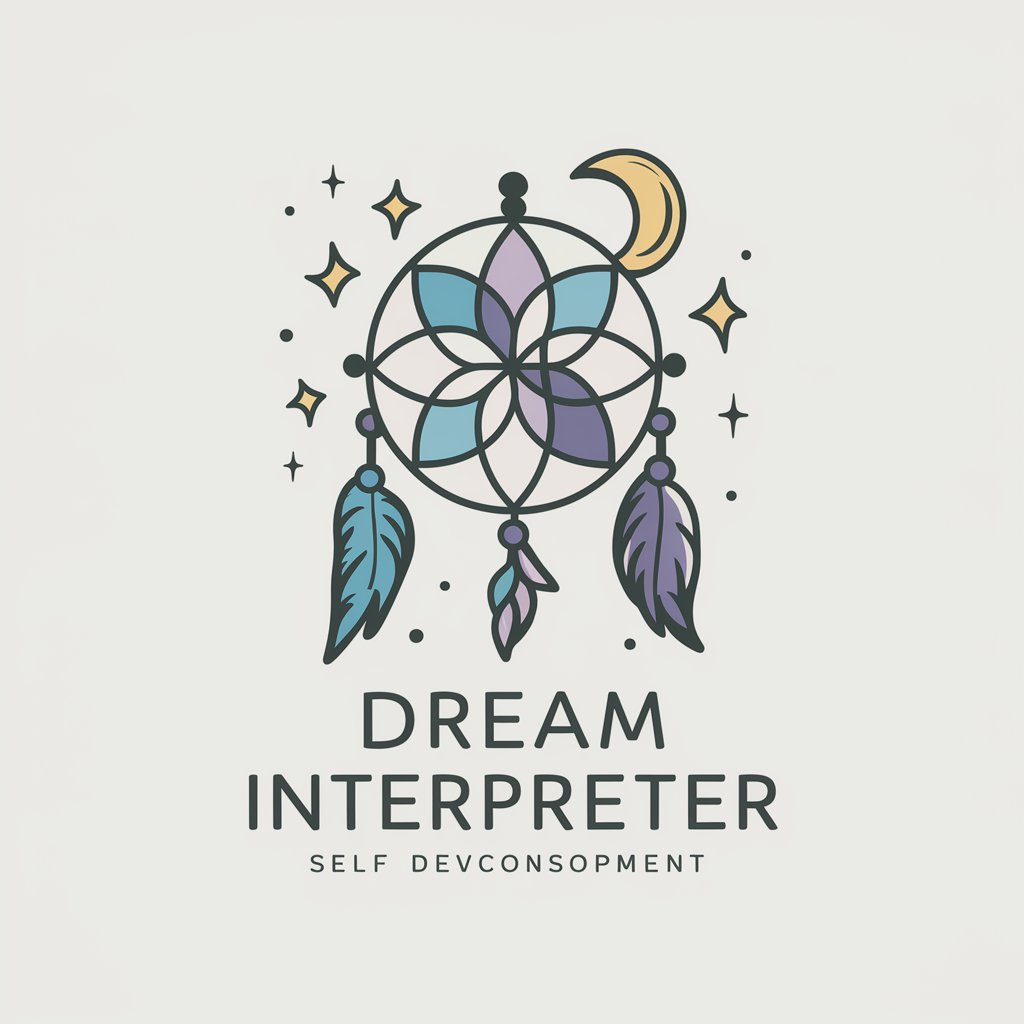
WebAppSec GPT
Empowering Security With AI

Academic and Financial Translator
Precision in Every Word, Power in Every Translation
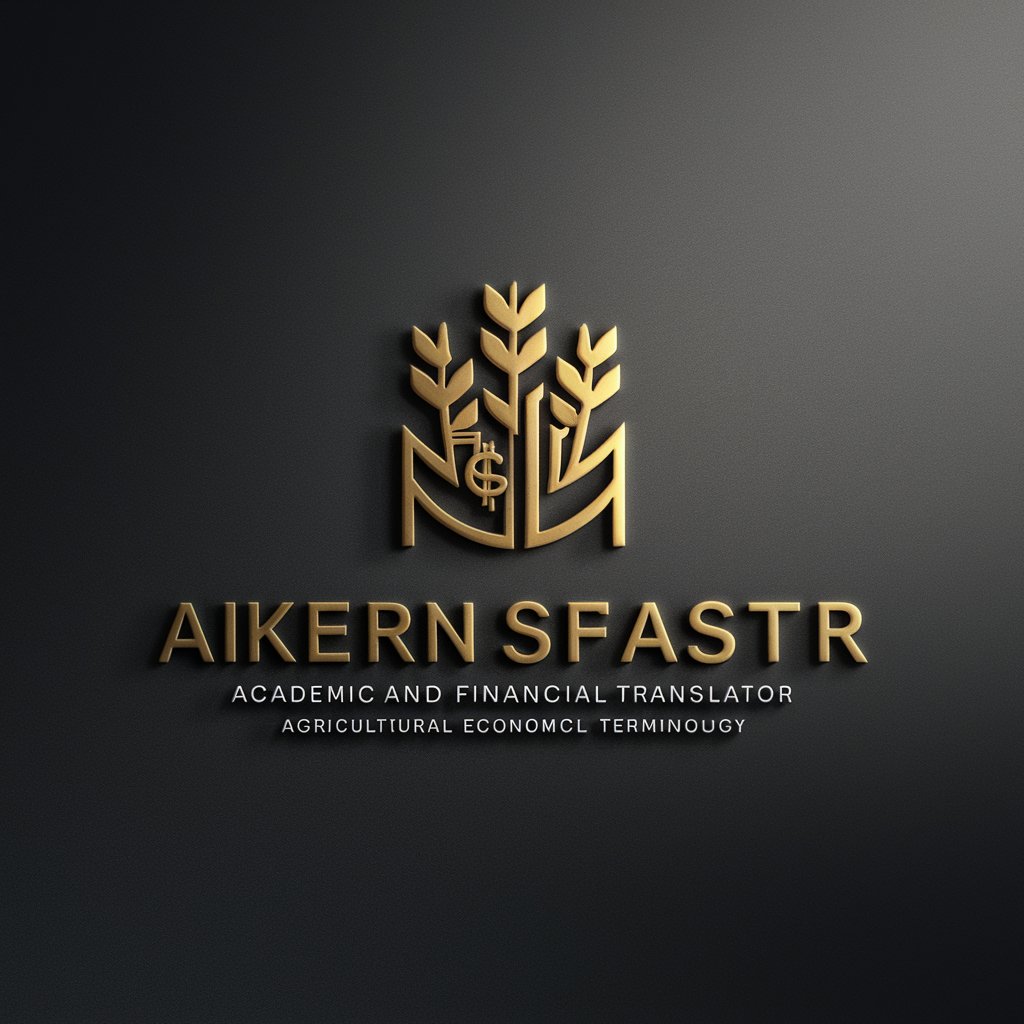
Explain Data Tables & Figures
AI-Powered Insight into Complex Data
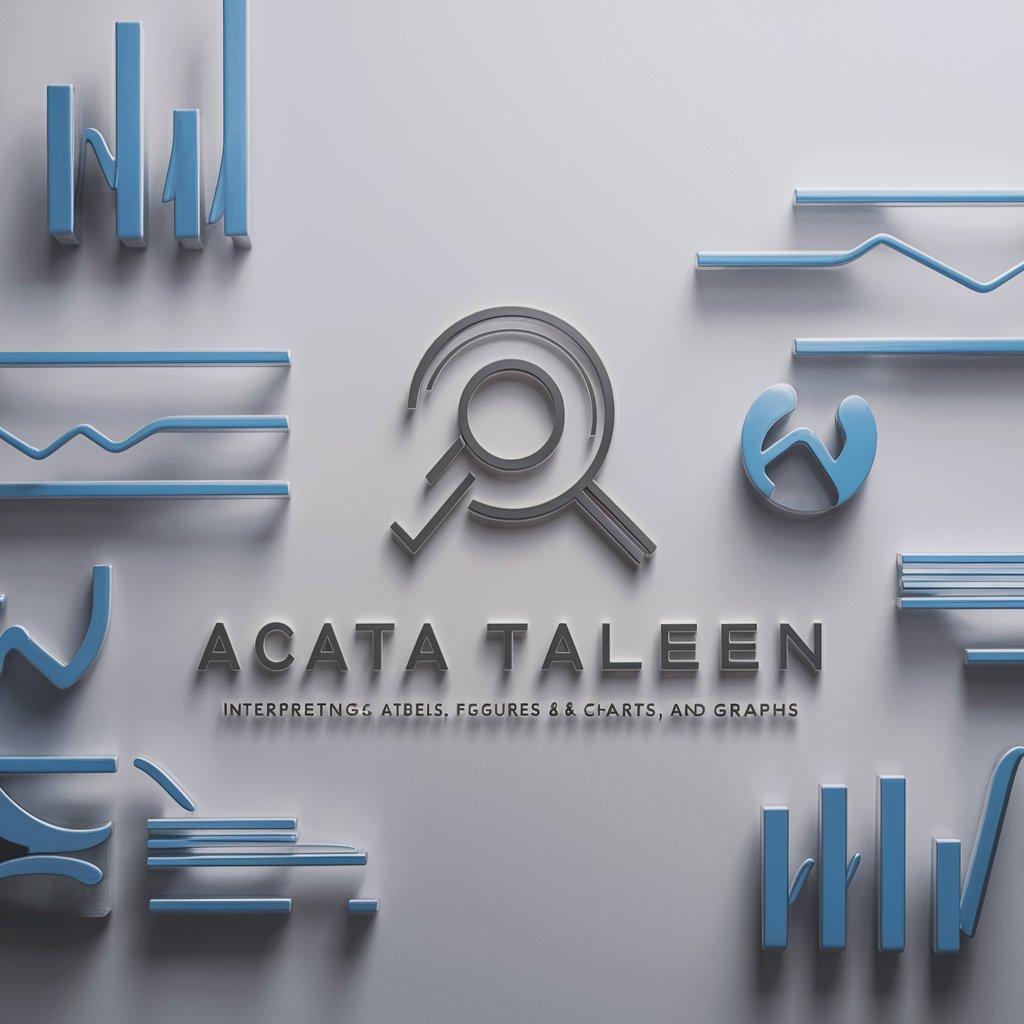
Frequently Asked Questions about iOS UI仔
What programming language does iOS UI仔 use for code generation?
iOS UI仔 generates code using Swift, which is the primary language for iOS app development.
Can iOS UI仔 handle complex UI designs?
Yes, it can analyze and generate code for complex UI designs, using UIKit and autolayout for precise layouts.
Is it necessary to have design drafts in a specific format?
While there's no strict format requirement, clear and detailed design drafts in common image formats aid in better code generation.
How does iOS UI仔 handle dynamic content like lists?
It creates mock data for dynamic content like lists, ensuring the generated views are functional and representative of the final product.
Can I customize the generated code?
Yes, the generated code is fully customizable. You can modify it to better suit your specific requirements or integrate it with existing codebases.
